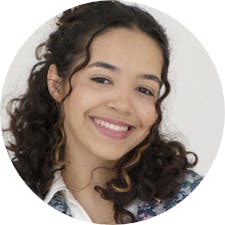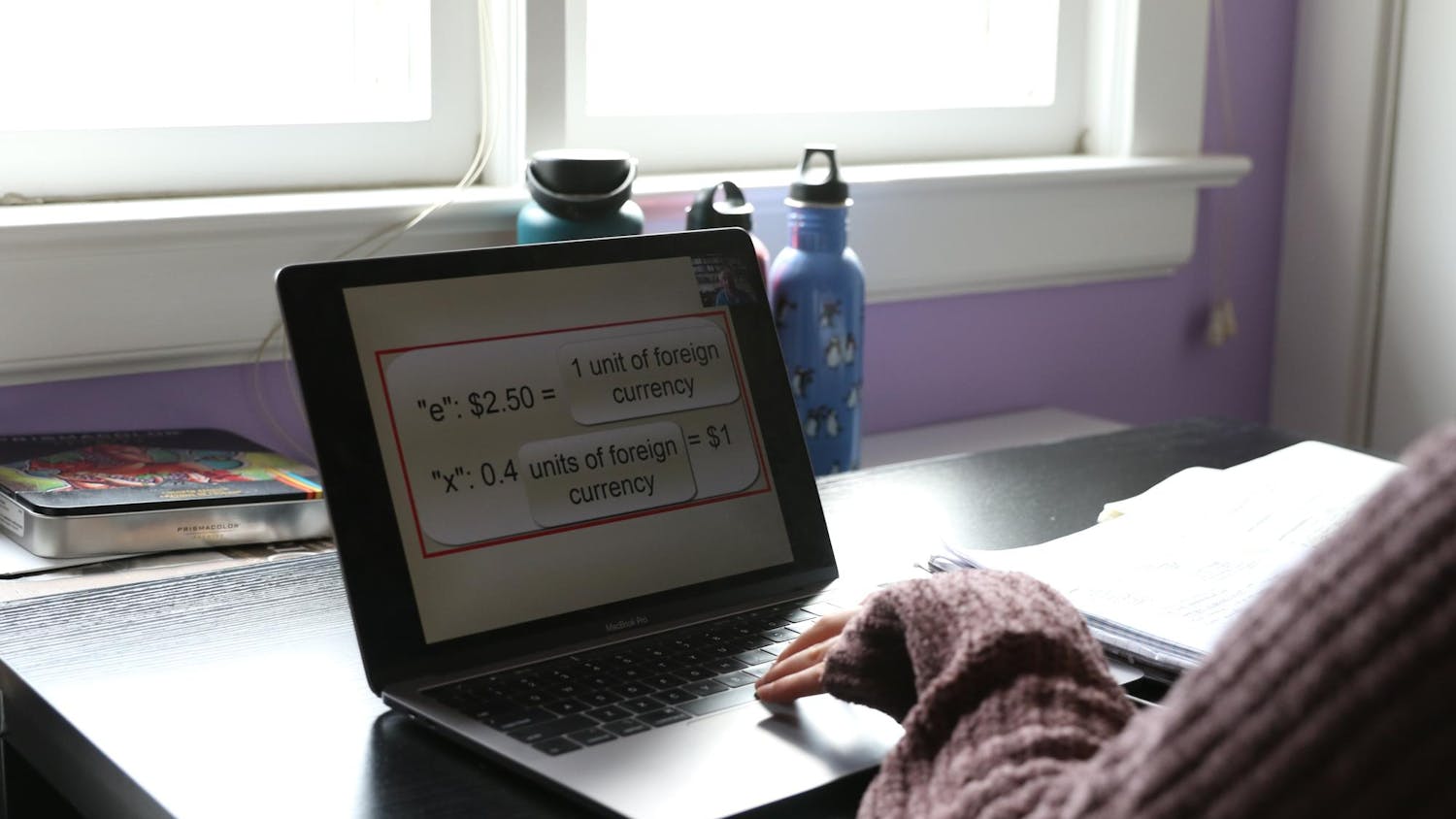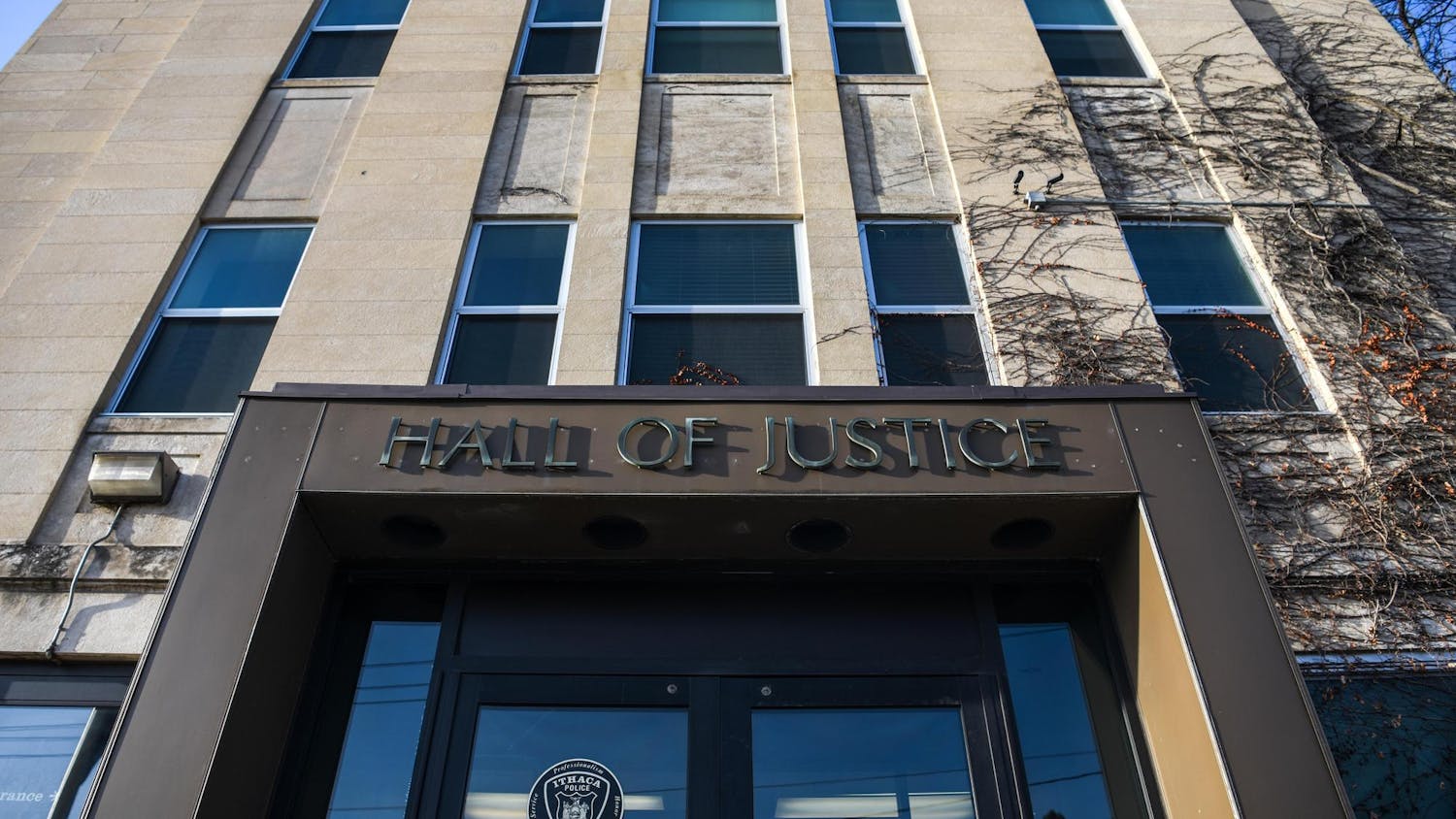Around 200 attendees filled Statler Auditorium for TEDx Cornell’s 2025 annual conference on Saturday, which explored topics following the theme ‘Uncharted.’ The talks explored how Bitcoin can save time and secure your future, the creative potential of collaborating with AI technology and the power of theater for self discovery.
Speakers Ella Hough ’25, Alexander Htet Kyaw ’23 and Julia Dunetz ’19 were selected from a pool of applicants and invitees by the TEDx Cornell speaker curation team to talk at the event.
Prospective students from Cornell’s class of 2029 visiting during Cornell Days also attended the event alongside current students at the conference.
After a brief introductory video from TED Talks headquarters, Hough, a cognitive science student pursuing a Bitcoin-focused study through the College Scholar Program, did the first talk of the event.
Hough reflected on the connection between her finances and the time she has left to live.
“When I was 13, I planned my death date,” Hough said. “When I was 13, I learned that I could not afford to live past age 79.”
Hough’s anecdote highlighted the struggles she faced balancing her childhood career choice with financial stability while planning for her retirement. She noted that the day she no longer has the funds to support herself with “dignity” will be the day she dies.
Hough shifted from discussing her struggles to explaining how they led her to a solution — investing in Bitcoin. Her investment has provided the security, value and power that comes with currency scarcity, as well as long-term appreciation needed for her to support herself freely. She ultimately aims to provide that for others.
“It's just not just about numbers,” Hough said. “Money is about people.”
Kyaw, a researcher at the Massachusetts Institute of Technology who studied architecture and information science at Cornell, spoke next. Through a series of short video clips, he highlighted different prototype concepts in which technology could be an aid in creating physical products. He explained that AI and augmented reality technology can be used for projects of varying complexity, from building Legos to the 3D modeling and assemblage of complex physical structures with flexible bamboo.
“So whether it's designing, making, writing, or building, it's not only about what AI can do,” Kyaw said. “It's how you collaborate with AI to bring something wonderful into this world.”
Tony-award winning Broadway producer Dunetz was the final speaker of the event. She spoke about seeing firsthand the role that theater plays in stimulating deep reflection and conversation surrounding major social issues such as sexuality and race.
Lucas Perdomo ’27, a member of the speaker curation team, worked alongside Dunetz to develop her speech, and noted that her talk resonated with them the most.
“From the moment I heard Julia's [Dunetz’s speech] I really liked it,” Perdomo said. “I found that her idea, right from the get-go, was very impactful and I thought it could be very special.”
In her concluding remarks, Dunetz spoke about using storytelling as a way of bringing attention to overlooked people and experiences.
“I want to impart to you all to continue to invest in stories and work that highlight narratives on the margins,” Dunetz said. “Investing in those stories will make our world a better place.”

Anjelina Gonzalez is a member of the Class of 2026 in the College of Agriculture and Life Sciences. She is a senior writer for the News department and can be reached at agonzalez@cornellsun.com.











